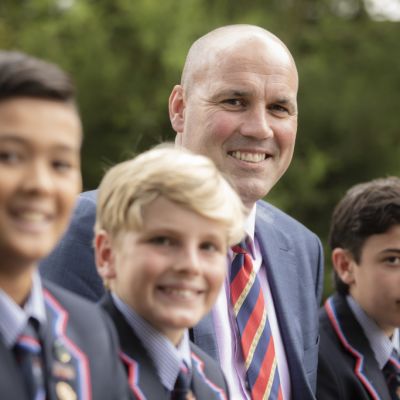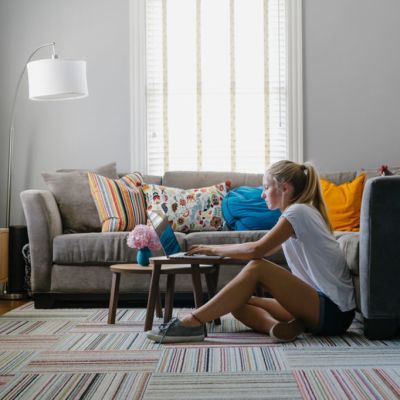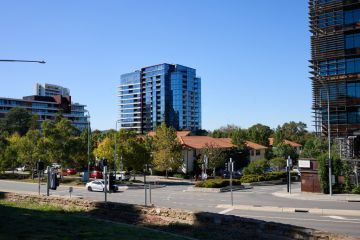Education: How online learning will have a lasting impact on Melbourne's schools
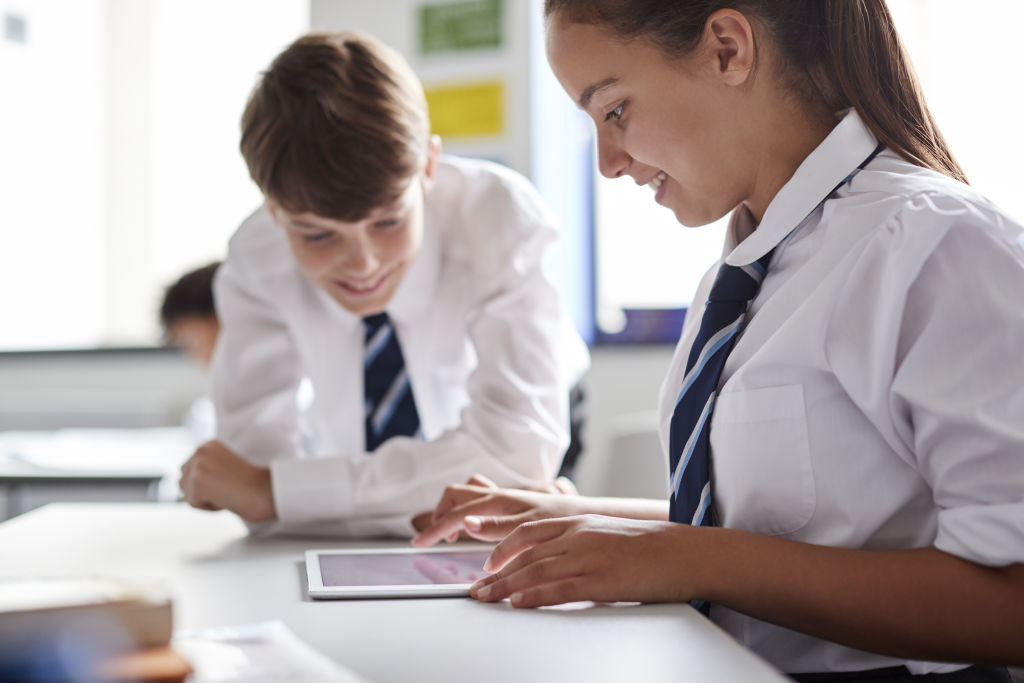
The abrupt shift to remote learning as COVID-19 took hold in March last year saw students navigating a new way to attend class, and parents doing what they could to support them.
As kids head back to school for a new year, many of Melbourne’s educators say the 2020 learning experience will have a lasting impact, with some schools rethinking all aspects of their teaching and others declaring lockdown has reinforced the value of face-to-face connection.
“The big thing we noticed last year is that the students were amazing in terms of their agility and ability to adapt to online learning,” says Tracy Herft, deputy principal at Strathcona Girls Grammar School in Melbourne’s inner east. “They were quite incredible in how they could be self-directed.”
This year, Strathcona will expand independent learning for the senior school, giving girls the chance to use extra time for activities including study groups, meetings with teachers and extra tutorials. The school is also seeking feedback from students on the benefits and challenges of 2020.
“We’ll start looking at things they’ve identified that we haven’t been able to,” says Herft. “Movement and stretch time during the day, breaks between classes. Do we even need bells? Last year really highlighted for us the importance of student agency.”
At Brighton Grammar School, activities have returned to as normal as possible, headmaster Ross Featherston says. Sport, co-curricular activities, camps and the music program are all resuming, which he notes is vital for student learning.
“We’re a boys’ school, and boys respond well to routine. If there’s an interpersonal connection with a teacher, and their peers, then a boy will learn better. We think it’s important for boys to be here at school.”
In 2020, the school changed its approach to “swot vac”, the study break between year 12 classes and exams. Traditionally, students spent the time at home studying, but after so much time spent learning remotely, the school flipped that on its head, encouraging boys to stay at school for that period. The results, Featherston says, speak for themselves: Brighton Grammar achieved its best VCE scores ever last year.
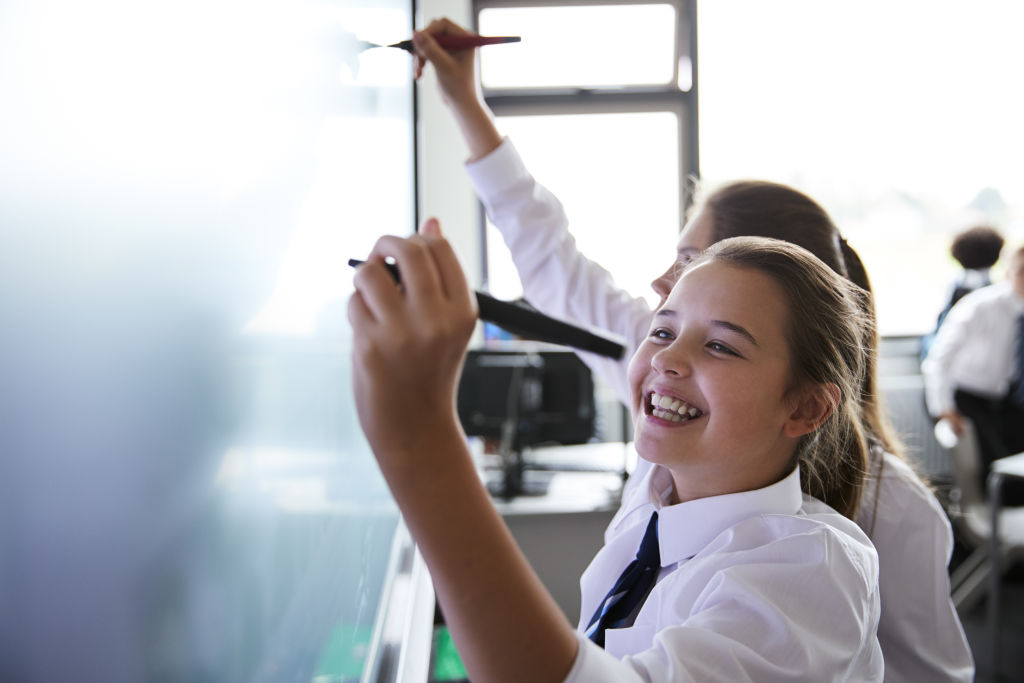
For the young girls in Strathcona’s junior school, the focus of remote learning was not on screens but off them, with teachers in regular contact with parents, emailing activities and exercises.
“That contact, between students, teacher and parent, was crucial,” Herft says. “It was a team approach, and about working together.”
For young boys at Brighton Grammar’s junior school, most of each morning was devoted to literacy and numeracy blocks, Featherston says. “We’d then do a mindfulness session – we do mindfulness throughout the junior school – have an off-screen break, and then the afternoon would be about our specialist classes: art, PE, science.”
The school gave parents regular education packs with resources to supplement their sons’ learning. They also adjusted the program to parent feedback as the year went on. “We were mindful that for many of our families, mum and dad were working themselves, and trying to keep an eye on their six- and seven-year-old sons and their learning.”
As well as shifting the school curriculum online, it was important for both schools to maintain their pastoral care, wellbeing and co-curricular programs. Both Brighton Grammar and Strathcona used online platform Strava to run physical competitions, with Strathcona holding a virtual cross country and Brighton Grammar managing house competitions.
Social connection was an aspect of learning that many students missed the most in virtual learning, Herft says. “Our wellbeing program was about making sure they had time to connect with their year group.”
Featherston agrees that the interpersonal aspect of education is essential.
“[The year] fundamentally reinforced for us the power of those interpersonal relationships between teachers and students.”
We recommend
We thought you might like
States
Capital Cities
Capital Cities - Rentals
Popular Areas
Allhomes
More

